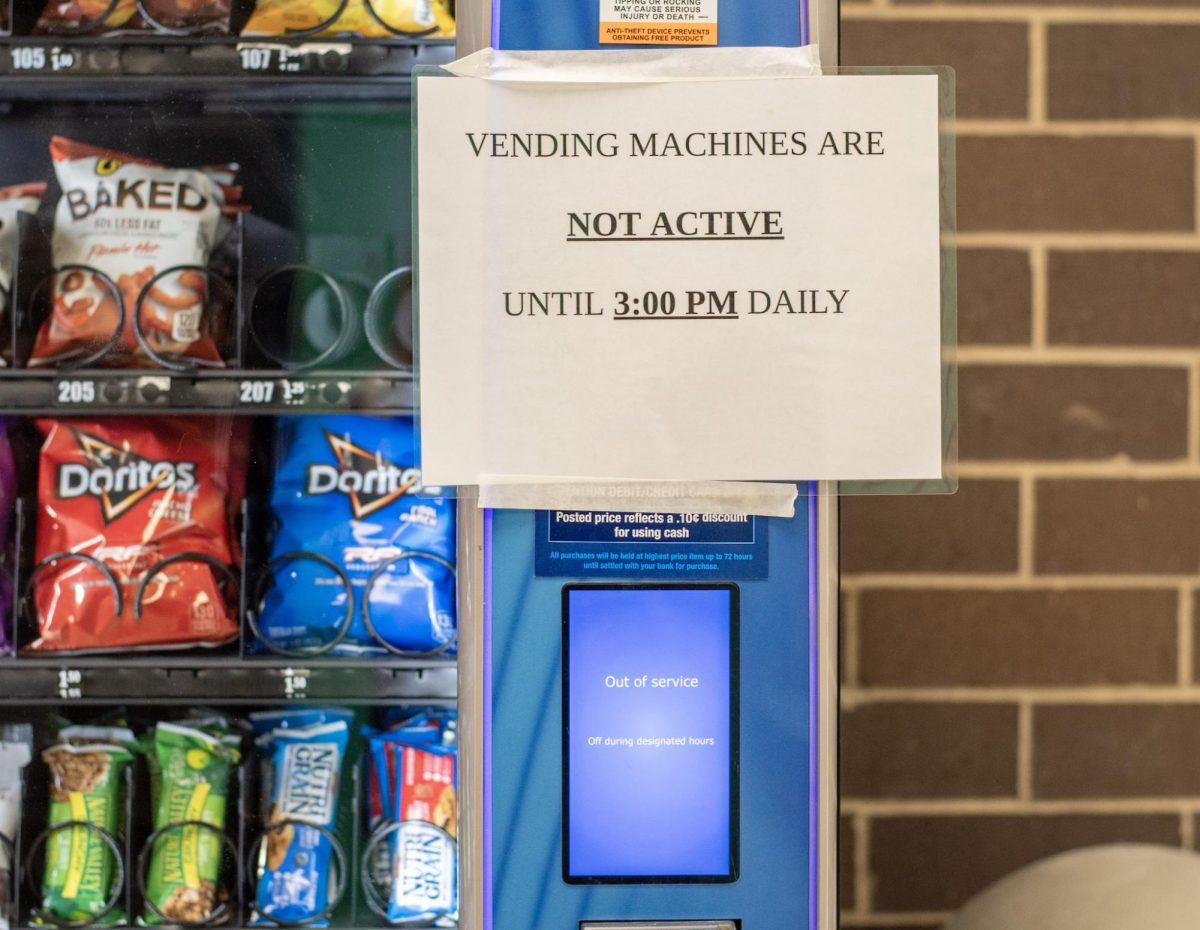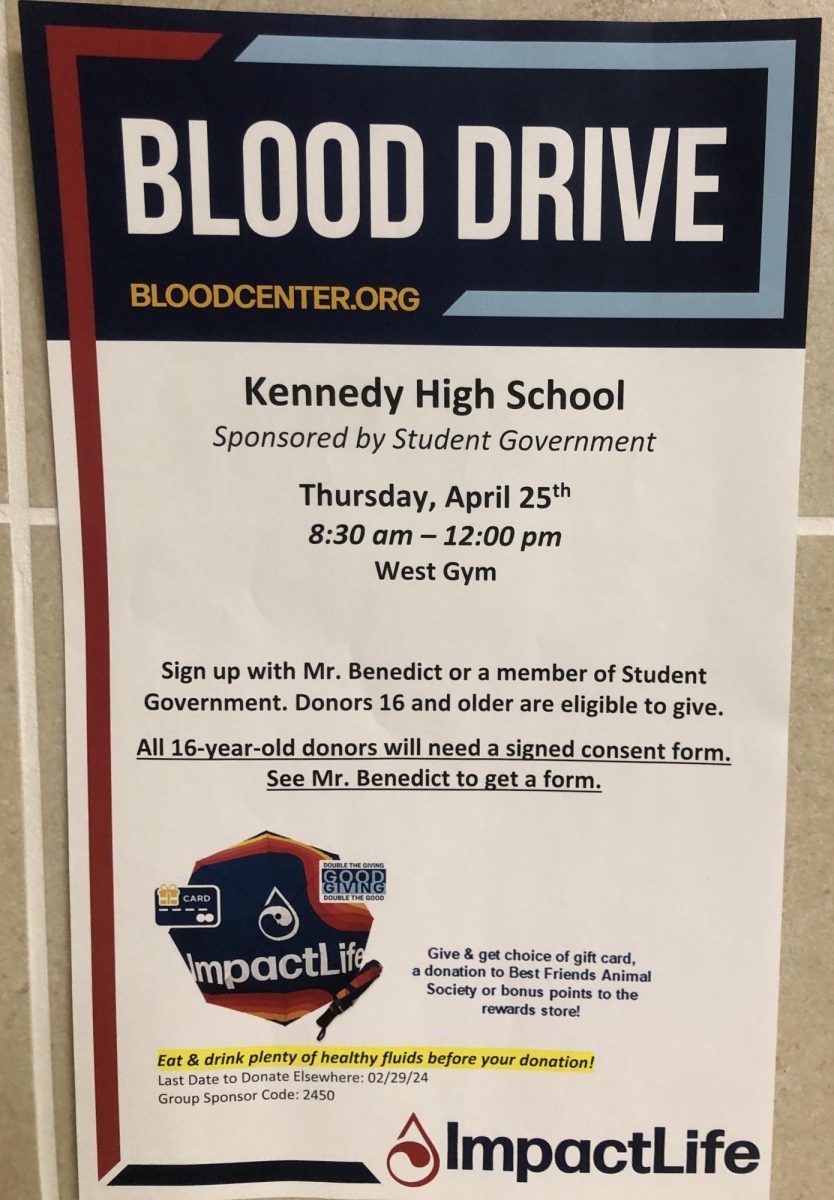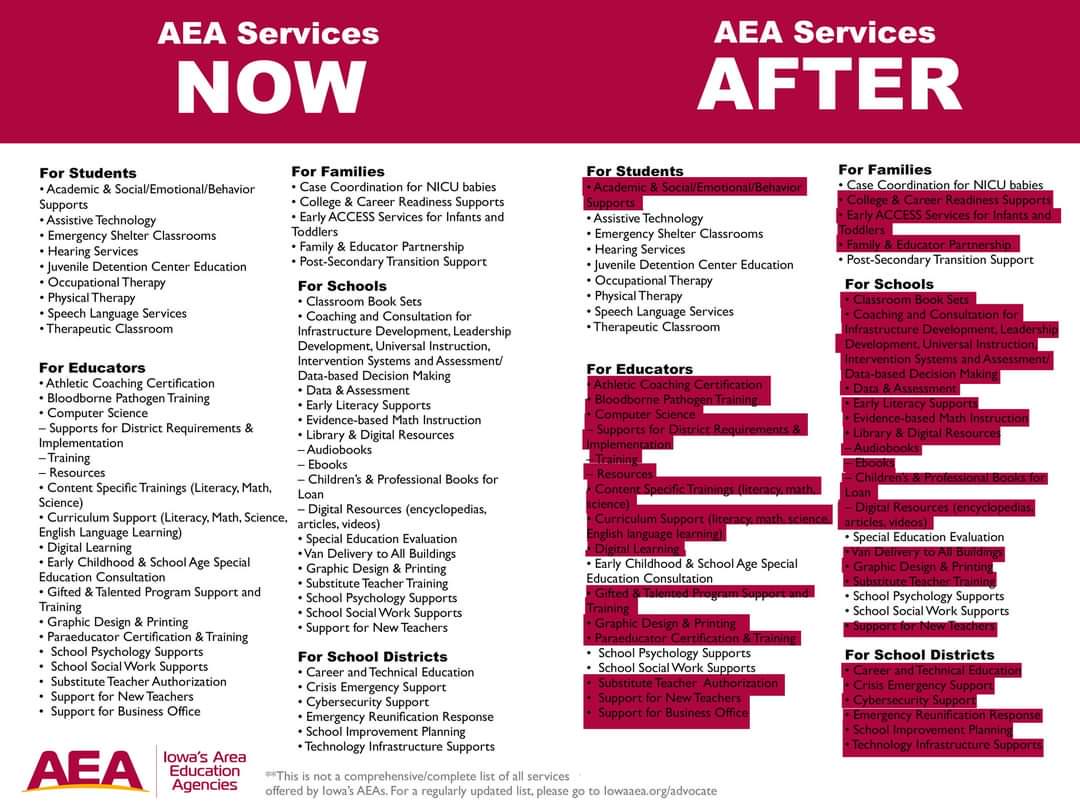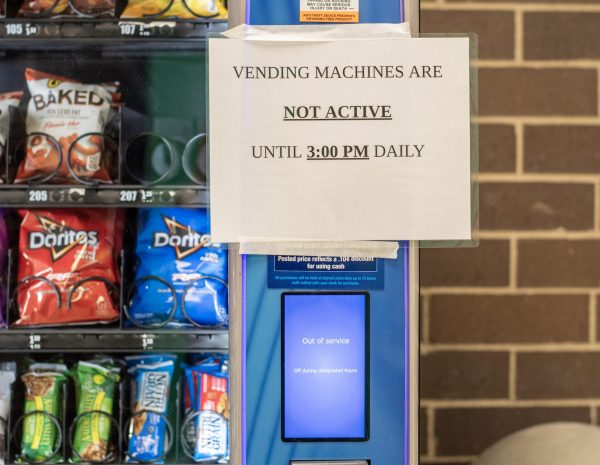Cuts to area mental health programs affects access for students

Tanager Place, Mental health clinic in Cedar Rapids, Iowa.
Tanager Place, a mental health and trauma support facility, has helped more than 2,000 area children and families through their services, though recently they’ve run into trouble providing care.
About three years ago, the State of Iowa began a round of cuts and reforms to mental health support services. Tanager continues to have a difficult time adapting to the cuts.
“Tanager Place has had to make a push to get a lot of our kids out of inpatient into outpatient care because we’ve been forced to cut down on treatment times for these kids,” says Katherine Shea, Director of Health Services at Tanager.
What this translates into is a shortening of inpatient programs, services where a child stays on site for treatment. Patients spend a limited amount of time with the onsite resources.
Kennedy’s relationship with Tanager has been going on for five years and represents a bond between mental health and education. Tanager has worked with the Cedar Rapids Community School District to send therapists to help kids with whatever issues they may be facing.
Chandran Lapel is Kennedy’s school therapist from Tanager. She is also the therapist for both Jefferson High School. As part of her work, she helps students gain access to Tanager programs.
“We needed to start a program that cut down on the hassle of kids in outpatient having to go to a therapist, set up appointments, which takes time and keeps them out of school,” Lapel said. “We needed to bring mental health to the forefront.”
Lapel said that Kennedy, “Has been amazing at communicating and assisting” students connect with Tanager. “Not just counselors and the administration, but teachers have been recognizing kids who need extra support and send referrals so that I can provide assistance.”
With the state reforms in play, Chandran describes the effects as twofold. “While the more kids we get represent an opportunity to help more kids out, patient resources haven’t been increased.”
Therapists like Chandran are expected to provide the same quality care to more people, without expanding the program’s capability to do so. Chandran says that this inevitably means she has to put students on a waiting list, though they need help and support.
“Kids’ emotions don’t just stop when they come to school. They can’t simply tuck away their problems and worry about them later,” Lapel said. “Whatever is bothering them can seriously affect their ability to learn and operate.”
Your donation will support the student journalists of Kennedy High School - IA. Your contribution will go towards the purchase of a new lens for our photographers.



































